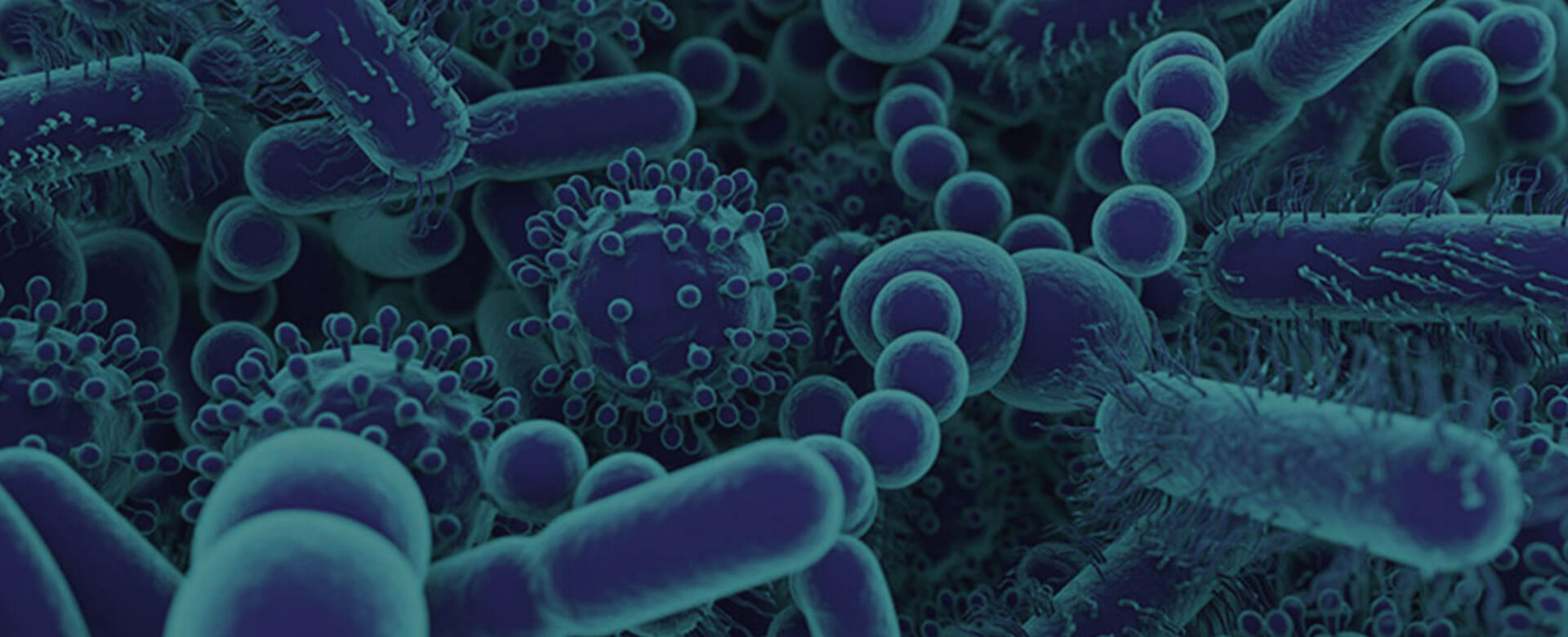
Although some of them are bad, there are some bacteria that can provide good effects for the body. As we know, the body contains millions of bacteria which have their respective roles. Some of these bacteria are ‘good’ bacteria that can help maintain overall body health. ‘Good’ bacteria in the body, especially those in the intestines, are known to help maintain the digestive system and increase immunity. An imbalance of ‘good’ and ‘bad’ bacteria in the intestine can affect several things such as body weight, blood sugar levels and cholesterol.
Not only that, in the previous article, it was mentioned that those bacteria have a role in preventing mental health problems, one of which is depression. Experts explain that the presence of the microbiome in the intestinesis related to the performance of the central nervous system, which can help maintain mental health. In fact, the results of recent studies have shown that intestinal bacteria also have an important role in fighting cancer. Researchers found that intestinal bacteria canincrease the success rate of immunotherapy for several types of cancer, including colorectal, bladder and melanoma.
In the study, researchers identified the species of bacteria associated with immunotherapy for colorectal cancer. It was found that Bifidobacterium pseudolongum, Lactobacillus johnsonii, and Olsenella have an important role in the success of immunotherapy. By using a mouse model, the researchers performed an immunotherapy that involved those bacteria. The combination of the two is known to be able to inhibit the growth of cancer cells.
The researchers found that these bacteria could produce a molecule called inosine. Inosine is known to interact directly with T cells, which are responsible for attacking and destroying cancer cells. Together with immunotherapy, inosine can increase the ability of T cells to fight cancer. Even in some cases of colorectal cancer, the combination of the two can destroy all cancer cells. Similar results were found for bladder cancer and melanoma.
Text by Anggie Triana
Stock photos from Google Search Images
Source(s):
- Mager, L.F., Burkhard, R., Pett, N., et al (2020). Microbiome-derived inosine modulates response to checkpoint inhibitor immunotherapy. Science, DOI: 10.1126 / science.abc3421.
- Science Daily - Researchers discover the microbiome's role in attacking cancerous tumors (2020).